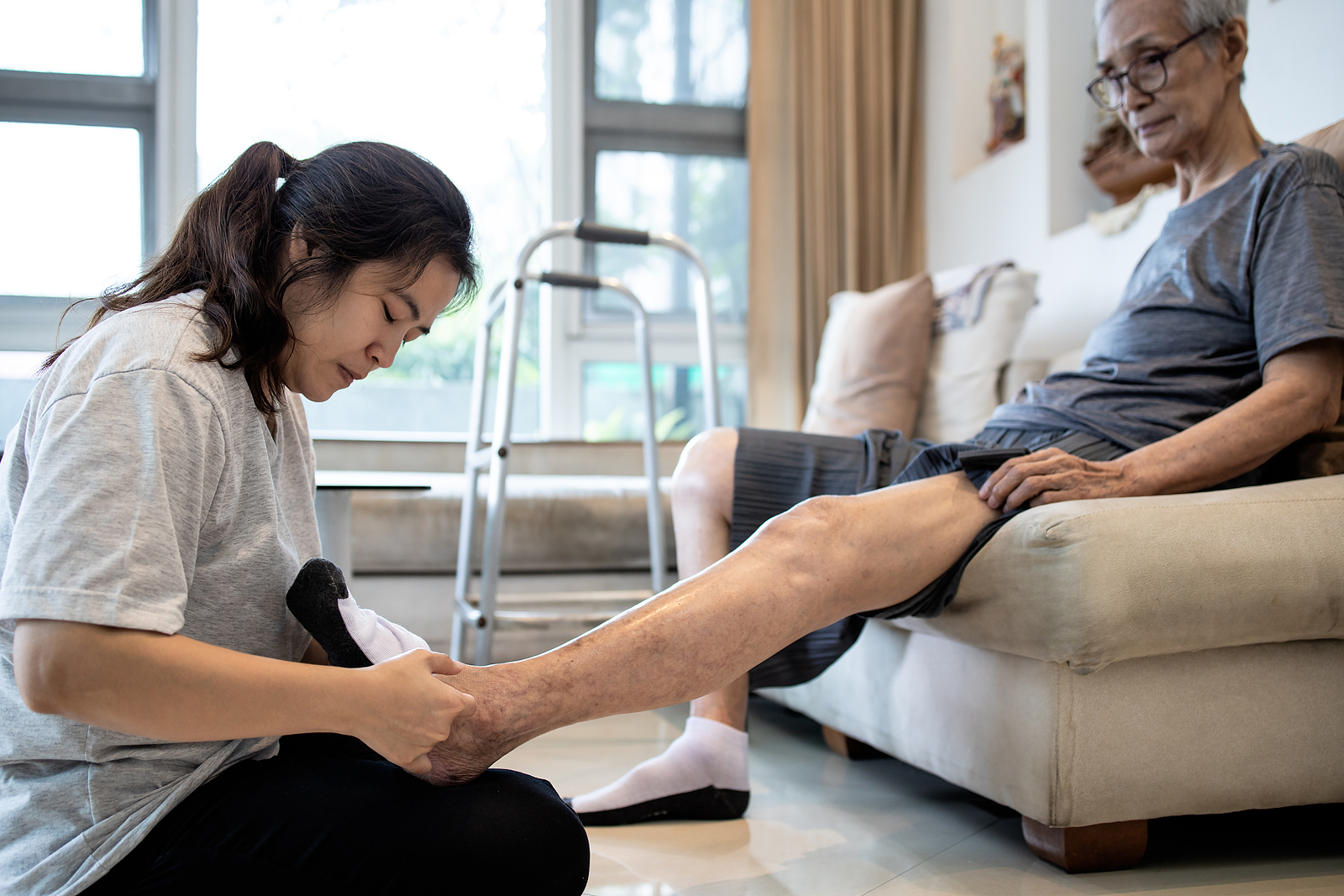A lack of red blood cells, or hemoglobin, in the blood is what causes the common medical condition known as anemia. Although anemia can afflict people of any age, aging, chronic illnesses, and nutritional deficits make seniors more vulnerable to the condition. In this blog, we'll get into the intricacies of anemia in seniors, looking at its causes, signs, and treatment options, as well as how having home care assistance can give seniors the support they need most.
What Makes Anemia an Issue for Seniors?
No two seniors are the same, but there are certain things that cause their risk for anemia to rise, as mentioned above. Those things are explored in more detail below.
- Nutritional Deficiencies: Iron, vitamin B12, and folate are among the vital nutrients that seniors may not be consuming enough of or absorbing enough of to produce enough red blood cells. The good news is that seniors with home care assistance can benefit from meal planning to ensure they get the nutrients they need through food.
- Chronic Diseases: By impairing the body's capacity to generate red blood cells or by resulting in blood loss, illnesses like cancer, autoimmune disorders, and chronic kidney disease can all contribute to anemia.
- Medication: Nonsteroidal anti-inflammatory drugs (NSAIDs) and blood thinners, which seniors frequently take, can result in gastrointestinal bleeding and iron deficiency anemia.
- Bone Marrow Abnormalities: Leukemia and myelodysplastic syndrome are two examples of bone marrow abnormalities that can affect seniors and prevent them from producing red blood cells normally.
- Chronic Inflammation: Prolonged inflammation brought on by ailments like inflammatory bowel disease or arthritis might interfere with the formation of red blood cells and exacerbate anemia.
What Symptoms Indicate Anemia Might be an Issue?
Seniors may experience anemia in a different way than younger people. Typical signs and symptoms include the following:
- Fatigue and Weakness: Persistent fatigue and weakness are common symptoms of anemia in seniors, which can have a serious negative influence on everyday activities and quality of life.
- Breathlessness: In particular, during physical activity or exercise, a reduced blood's capacity to carry oxygen can result in breathlessness.
- Pale Skin: Anemia can result in a paler skin tone, which is especially apparent in the nail beds, inner eyelids, and lips.
- Dizziness and Fainting: Severe anemia can cause lightheadedness, dizziness, and even fainting spells, especially when standing up fast.
- Cold Hands and Feet: Reduced red blood cell counts can lead to poor circulation, which can make extremities feel cold to the touch.
- Cognitive Impairment: Dementia risk and cognitive decline have been linked to seniors who suffer from chronic anemia.
Tips for Handling Anemia in Seniors
A thorough strategy catered to each senior’s needs is necessary for the effective management of anemia in seniors. Among the tactics are exploring nutritional supplements to address shortages and increase the production of red blood cells, as well as making dietary adjustments, as mentioned above. In addition, seniors can talk with their medical team to explore possible options if medications are causing anemia.
Anemia affects seniors' energy levels, cognitive abilities, and general well-being, posing serious health hazards. By working together to understand the causes, symptoms, and management techniques listed above, seniors with home care assistance, loved ones, and healthcare professionals can effectively address anemia and improve older people's quality of life.














